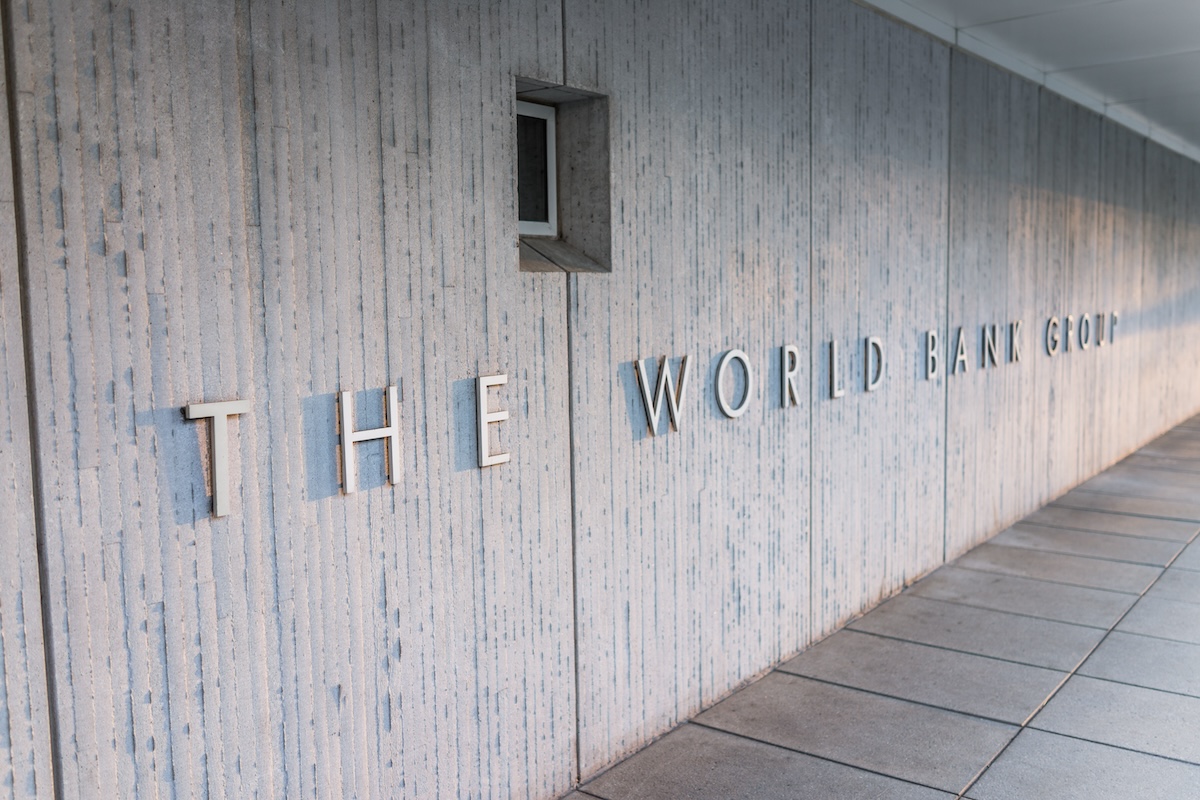According to an article by Heather Stewart and Larry Elliott in the Guardian early last week, the U.K. development secretary, Douglas Alexander, brokered a deal to throw open selection of the president of the World Bank to candidates from any country:
Backed by European governments and developing countries, Alexander overcame resistance from the U.S. and Japan to secure a reform he described last night as "a significant step forward."
Since the creation of the World Bank in the aftermath of World War II, the president of the United States has by tradition nominated a single American as the president of the World Bank. The bank's executive board has always approved the nominations, even as Europe and Japan emerged as major post-World War II donors and the relative importance of Washington's support for the bank declined.The U.S. prerogative came under sharp scrutiny during the most recent leadership transition, when Paul Wolfowitz was forced to resign as World Bank president during a scandal that coincided with the U.S. international reputation hitting a nadir due to the Iraq war and internationally unpopular positions on such issues as the International Criminal Court and climate change.At the height of that 2007 leadership crisis, a survey of
international development community opinion undertaken by CGD senior fellow David Wheeler found that large margins of American and non-American participants rejected the traditional U.S. role and preferred an open, transparent, competitive selection process. Earlier the reform of the World Bank governance, including selection of the president, was also
among the recommendations of a CGD working group on how to make bank more effective in addressing 21st century global challenges.A U.K. push for reform could help to explain the somewhat unexpected announcement by the current World Bank president, Robert Zoellick, in a
pre-Annual Meetings speech on October 6, that he was setting up a high-level commission, headed by former Mexican president Ernesto Zedillo, to offer recommendations for the modernization of the bank's governance. Previously, Zoellick had avoided discussing governance of the World Bank, even when addressing
audiences eager to hear his ideas on the topic.What's changed? Among other things, last December the United Kingdom boosted its contributions to the International Development Association, the bank's soft-loan window,
by a whopping 49%, displacing the United States, which for the first time since the bank was created is no longer the
No. 1 donor.Pay the piper, call the tune?
CGD blog posts reflect the views of the authors, drawing on prior research and experience in their areas of expertise.
CGD is a nonpartisan, independent organization and does not take institutional positions.





